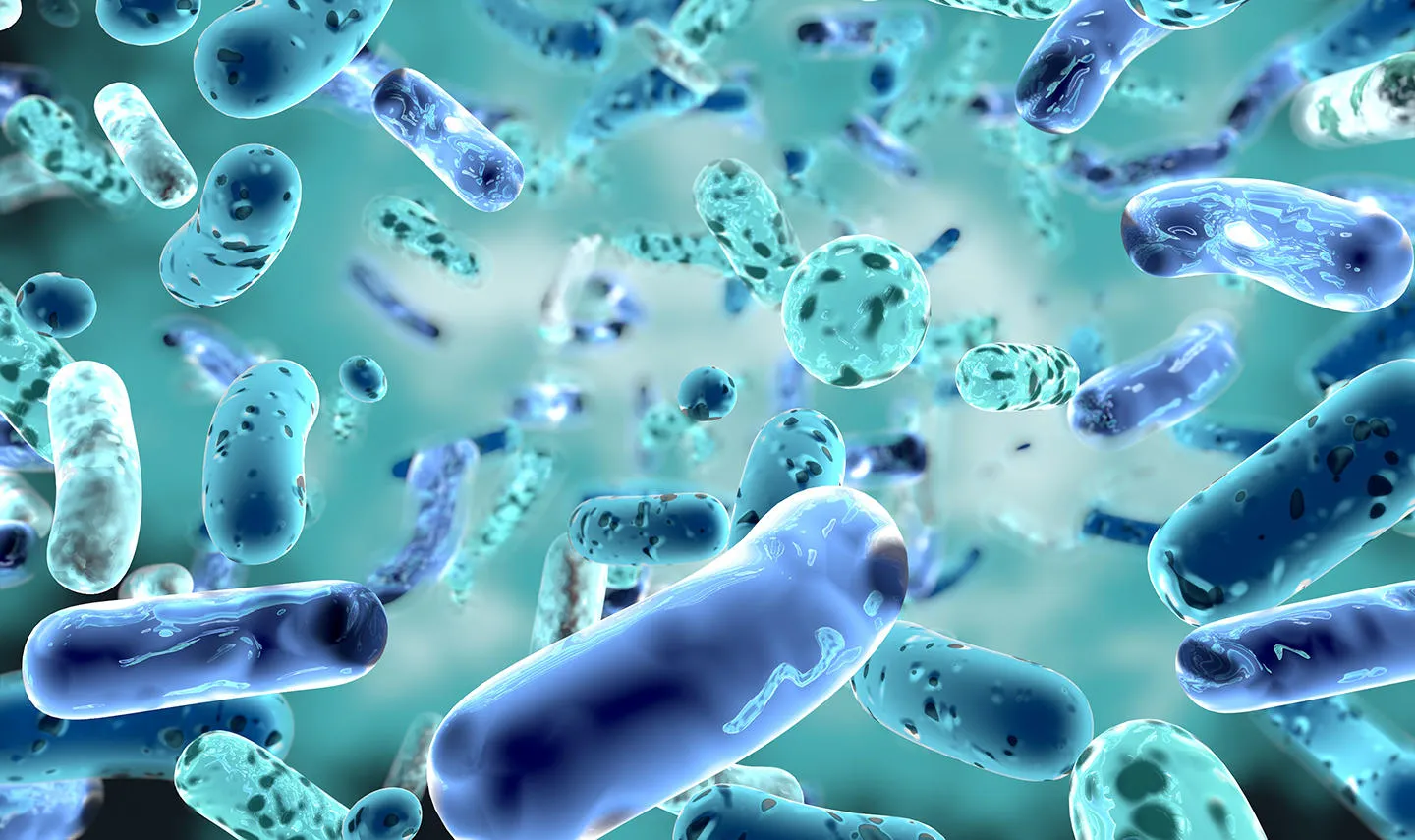Scientists at the University of Birmingham have found previously unknown strains of beneficial gut bacteria in animals, potentially leading to better health treatments for both humans and livestock.
The research team discovered that Bifidobacterium, a group of bacteria important for digestive health, has evolved differently depending on which animal it lives in. These bacteria have adapted over time to match the specific diets and digestive systems of their hosts.
“It’s really exciting to view this through an evolutionary lens and see how a crucial beneficial microbiota member – Bifidobacterium – has co-evolved with different animal hosts, and highlights the key role that diet has played in shaping these intimate relationships,” said Professor Lindsay Hall, Chair of Microbiome Research and lead author of the study published in Cell Host & Microbe.
Working with local zoos, researchers collected gut microbe samples from the feces of various animals. Their analysis revealed many undiscovered bacteria species in non-human animals, suggesting there’s a vast untapped diversity of beneficial bacteria waiting to be studied.
The findings showed notable differences between animal groups. In mammals like primates, rodents, and pigs, the bacteria were specially adapted to break down complex carbohydrates such as resistant starch – an important dietary fiber. Birds, however, showed weaker signs of co-evolution, likely because their gut bacteria are more influenced by factors related to flight.
Bifidobacterium bacteria help maintain digestive health by producing short-chain fatty acids. These compounds reduce inflammation, protect the gut lining, and help control harmful microbes. The bacteria also support a healthy ecosystem of other beneficial microbes in the gut.
Similar Posts
Dr. Magdalena Kujawska, first author of the study, explained: “The diversity and functional potential of Bifidobacterium is truly impressive, especially in terms of carbohydrate metabolism. This knowledge can be translated into application, and in this context our research offers a basis for the development of prebiotic and probiotic strategies targeting specific microbial functions that confer benefits on host health.”
This discovery opens the path to what scientists are calling “precision probiotics” – treatments specifically designed for particular animals or humans based on their unique gut bacteria needs. Rather than using one-size-fits-all approaches, these targeted treatments could be more effective at addressing specific health issues.
The research is especially significant for animal health, where tailored probiotics could potentially reduce the need for antibiotics in livestock and improve overall animal welfare. For pet owners, it might eventually lead to better digestive health products for dogs, cats, and other animals.
The Birmingham team is now planning further research to explore the enzymes these bacteria use to break down different sugars in humans and animals. They hope this will provide insights that can be used to develop more effective dietary strategies, probiotics, or other microbiome-targeted treatments.
The study highlights the importance of looking beyond human gut bacteria to fully understand how these microbes affect health across different species, potentially unlocking new approaches to both veterinary and human medicine.
This research was published on September 10, 2025, in the scientific journal Cell Host & Microbe.



















